Kissogram
Kulturbrauerei, 2009
Each year at the end of the summer the Summerize concert night, that stages musicians from Berlin, takes place at Kulturbrauerei. Kissogram have just finished their soundcheck for their late-night show when we meet them for the video shoot. Founded in 1999 as a two-man project by the Germans Jonas Poppe and Sebastian Dassé, the Englishman Joe Dilworth joined them later on. Our question – “Why is there always an Englishman in German bands?” – leads to a jocular discussion. Germany is doing perfectly well when it comes to electronic music, yet the UK is still the biggest player in the European pop industry. However, the Berlin-based Kissogram have – as a tour support for Franz Ferdinand – already taken the first steps for an international career. Their 2009 record-release “Rubber and Meat” is sophisticatedly more rock and less electronic than at their beginnings (with “If I Had Know This Before” – remixed by DJ Woody – Jonas and Sebastian have once conquered the German club charts). What’s more, they got the humour. After more and more tourist groups have passed by on their organized bike tours, Joe grabs his motorbike and parks it right next to the “Berlin on Bike”-marker.
- Camera
- Michael Luger
- Sound Recording
- Sarah Brugner
- Post production
- Michael Luger
- Photography
- Franz Bruger
- Artist
- Kissogram
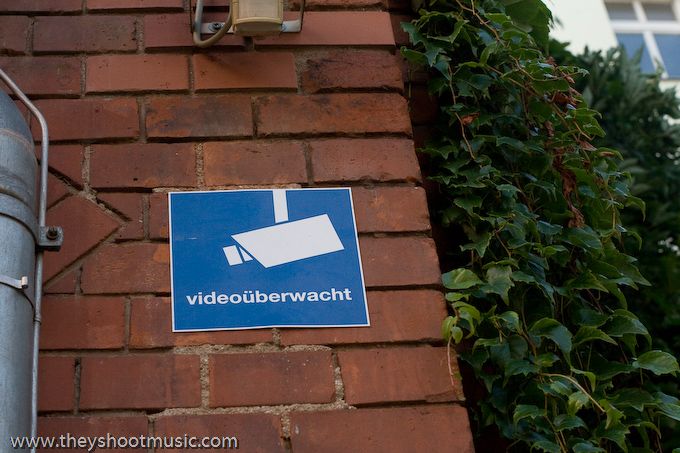
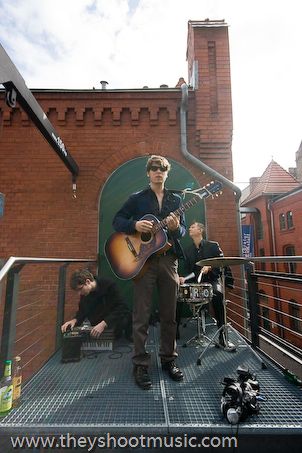
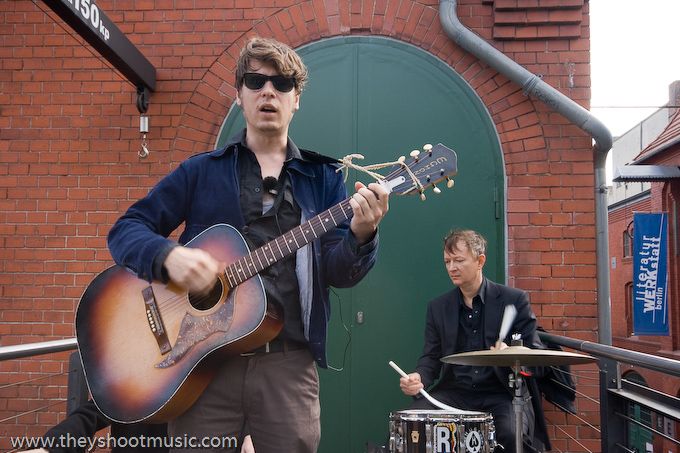
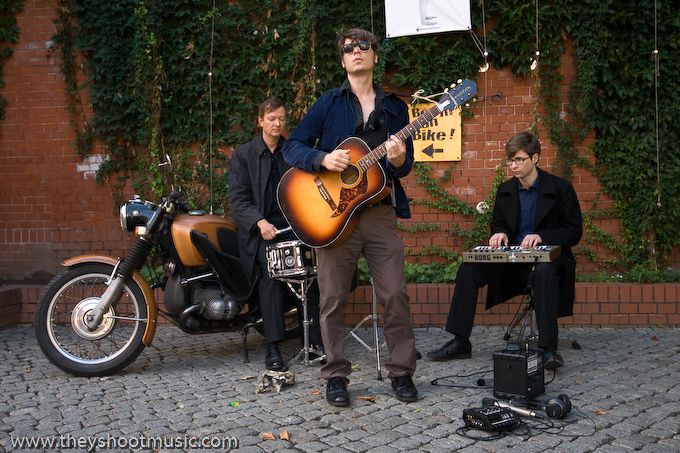
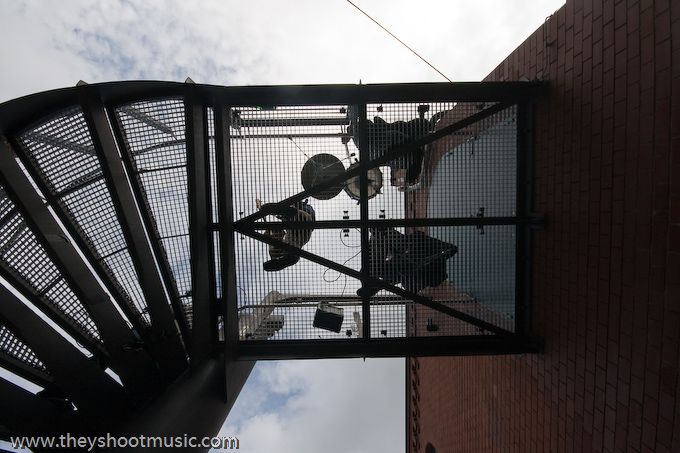
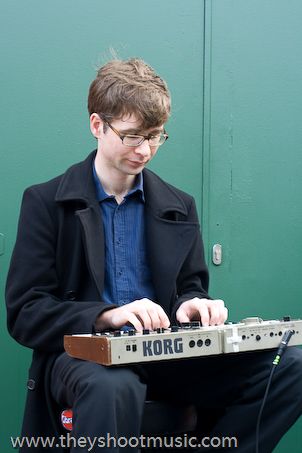
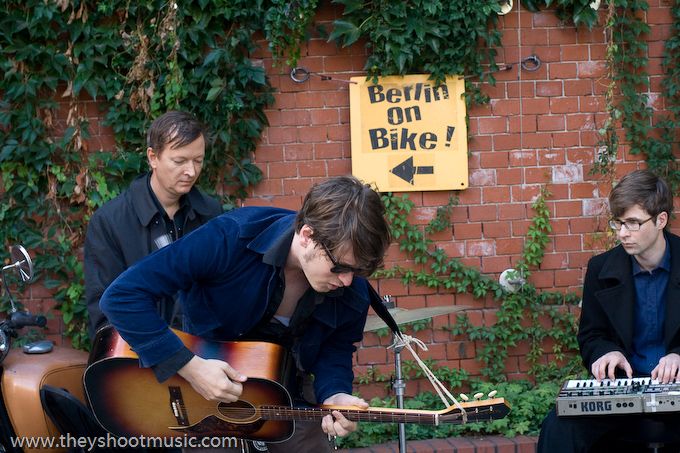
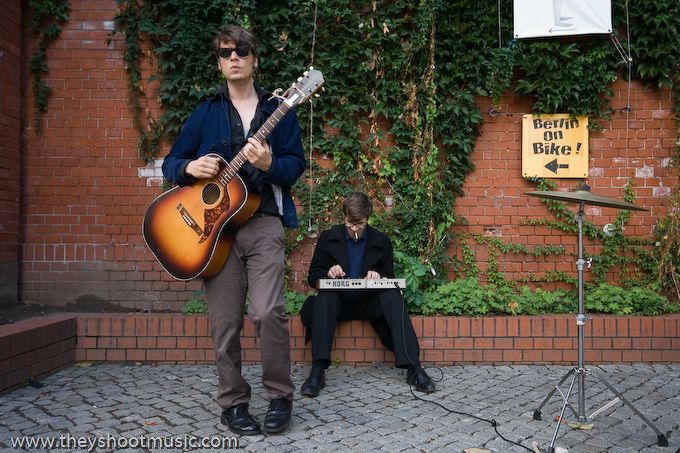
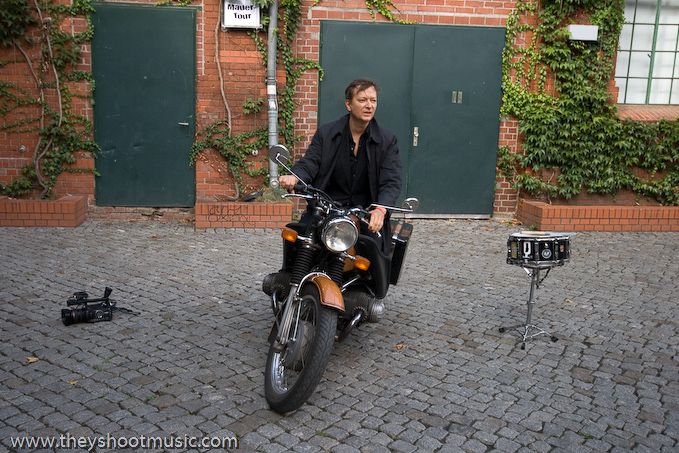
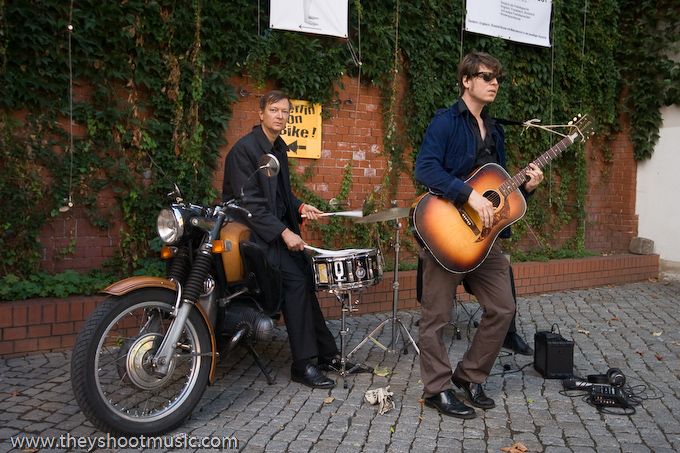
Kulturbrauerei
What nowadays presents itself as a modern entertainment area started off in a small basement in Kreuzberg, where pharmacist August Heinrich Prell brew his own beer in the mid-19th century. The small brewery quickly turned successful and Prell moved his production to the current Prenzlauer Berg location of Kulturbrauerei. The characteristic brick buildings were constructed around 1890, when the then named “Schultheiss” brewery was the biggest beer seller in Berlin. The cobbled courtyards are meant to resemble a medieval castle complex, yet are surrounded by great examples of 19th century industrial architecture in Berlin. After WWII business became slack. The brewery finally closed in 1967. It took more than 30 years until a new concept of utilization for the 25.000 square meters of Kulturbrauerei was found, but since 2000 the building complex houses concerts, restaurants, rehearsal rooms, shops, bars, clubs, offices and a cinema and has become a busy and also touristy meeting point no matter if it’s day- or nighttime.